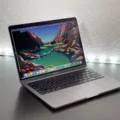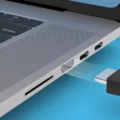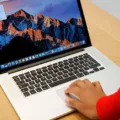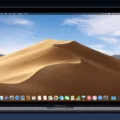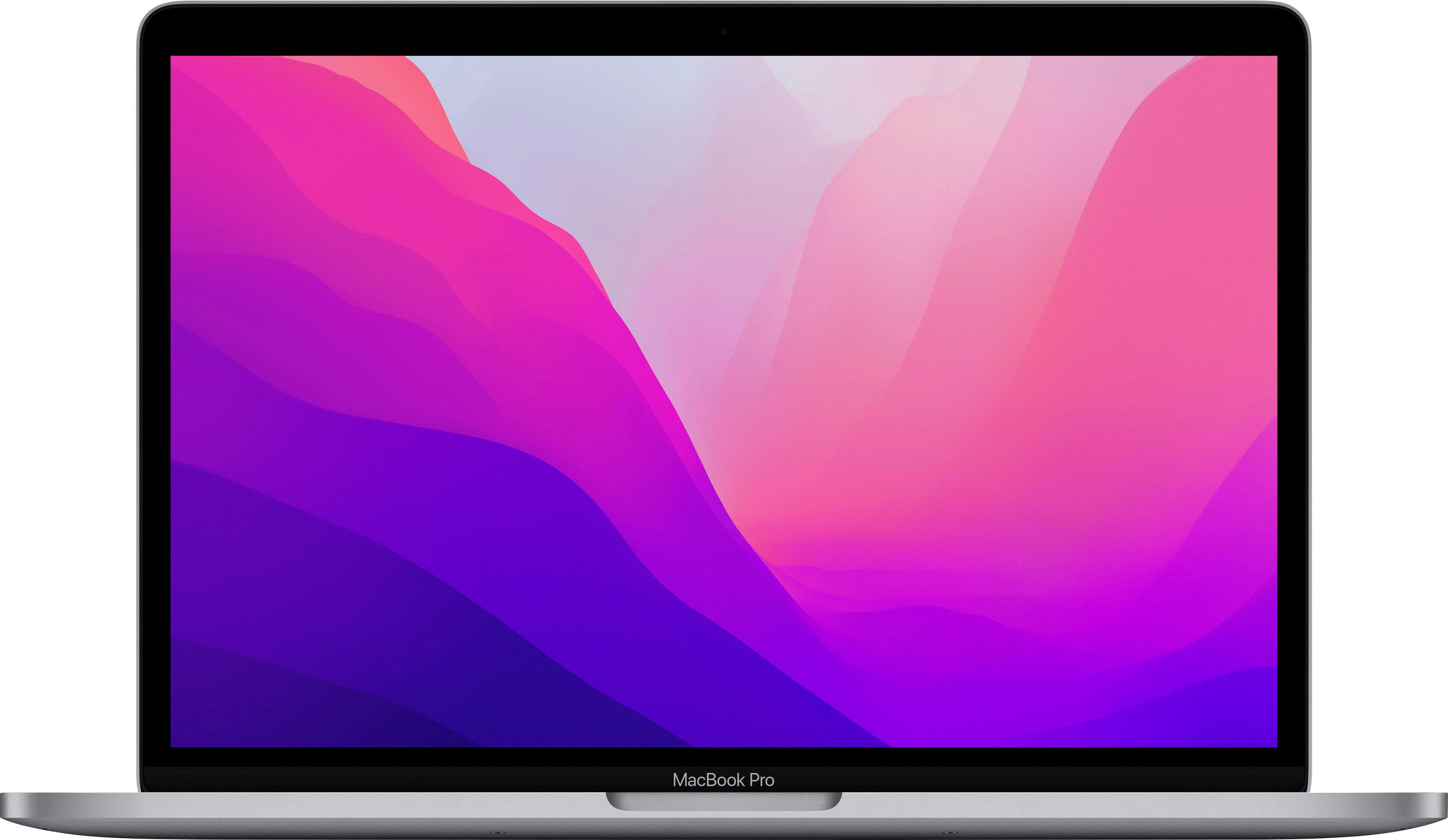If you own a Macbook, chances are you’ve experienced the dreaded crackling sound from your speakers. This issue can be incredibly frustrating, but luckily there are some possible solutions to help you get back to enjoying your music.
The first step in resolving any audio issue is to determine what is causing the problem. In many cases, this can be done simply by lowering the volume level or reducing the sample rate of audio playback. You may also need to check your system preferences and make sure that your speakers are selected as the output device.
Another possible cause of crackling sounds could be dirt or debris on the speaker’s surface. Try using a dry cloth or compressed air to gently clean away any residue that may be blocking sound waves from traveling freely through the speakers.
Sometimes too much heat can cause a MacBook’s speakers to produce unwanted sounds. If this is the case, try allowing your Macbook to cool down for a few minutes before attempting to play any audio again.
If your speakers are still crackling after trying these basic fixes, it may be time to force restart your Macbook and see if that helps resolve the issue. Additionally, updating to the latest version of macOS may fix any software-related issues that could have caused the crackling sound in the first place.
In summary, if you’re experiencing crackling sounds from your Macbook speakers, there are several steps you can take in order to troubleshoot and resolve this problem. Lowering volume levels and cleaning speaker surfaces are just two of many possible solutions that may help restore clarity and quality back into your audio experience!
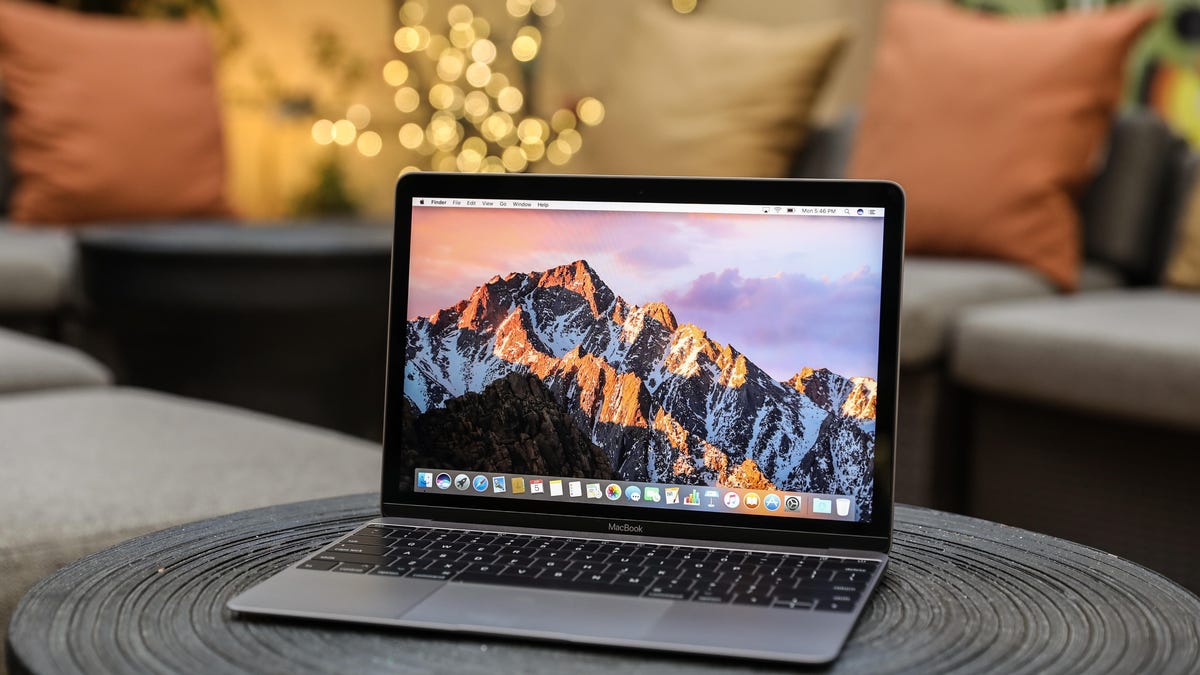
Troubleshooting Crackling Sound on Mac
The first step to fixing the crackling sound on your Mac is to clean the speaker surface. This can be done by using a damp cloth and wiping away any dust or dirt that may be stuck inside. You can also try playing sounds through a different app, as this could help identify the cause of the issue. If that doesn’t work, you should force restart your Mac and lower the volume level to see if that fixes the problem. If not, you should let your Mac cool down before attempting any further troubleshooting tips. Additionally, you may need to change the sample rate of audio or switch to the stable version of macOS. Finally, make sure you have installed all available updates to ensure that your system is running optimally.
Troubleshooting Mac Speaker Static Noise
Static noise from your Mac speakers could be caused by several factors. It might be due to a problem with the hardware, such as a faulty or worn-out speaker or audio port, or it could be caused by an incorrect setting in the Sound preferences. It could also be caused by interference from another device or a build-up of dust and debris in the speaker ports. To troubleshoot this issue, you should first check your Sound preferences to make sure that the output is set to Internal Speakers and that the Mute box is unchecked. If that doesn’t help, you can try plugging in headphones to see if the static noise persists. If it does, then it might be a hardware issue and you will need to take your Mac in for repairs.
Identifying Blown Mac Speakers
If you suspect that one or both of your Mac speakers are blown, the best way to confirm it is to check the sound balance. To do this, go to System Preferences -> Sound -> Output tab. Then move the balance slider between the right and left speakers. If one of the speakers is producing a clear sound while the other is making a rattling noise, then it’s likely that this speaker is blown. You may also want to check both speakers with different audio sources to see if their performance varies. If so, this could be a sign that one or both of them are blown.
Cleaning MacBook Speakers
To clean your MacBook speakers, start by shutting down and unplugging the computer. Then, use a vacuum cleaner with a brush attachment to gently brush away any dust or crumbs from the speaker holes. You can also use compressed air to help dislodge stuck particles. After vacuuming, use a slightly dampened cloth to wipe down the exterior of the speakers. Finally, allow everything to dry before plugging your laptop back in and turning it on.
Troubleshooting Crackling Sound From Laptop Speakers
Crackling and popping sounds from your laptop speakers can indicate a few different problems. Firstly, it could be a hardware issue such as faulty wiring or an issue with the speakers themselves. Secondly, it could be an issue with the audio driver software, which is what allows your laptop to communicate with the speakers. Thirdly, it could be caused by external interference such as electromagnetic waves from other devices. Lastly, it could also be caused by dust buildup inside the speakers or other debris blocking them. To resolve this problem, you should first try to update or reinstall your audio driver software. If that doesn’t work, you should check for any physical defects in the wiring or speaker itself and replace them if necessary. If all else fails, you should consider taking your laptop to a professional for further diagnosis and repair.
Fixing Crackling Laptop Speakers
To troubleshoot your laptop speakers that are crackling, there are a few steps to try:
1. Check the audio format – Make sure you’re playing audio in a supported format. For example, if you’re playing a WAV file, make sure it’s encoded in 16-bit PCM.
2. Disable audio enhancements and exclusive mode – Go to the sound settings of your laptop and disable any enhancements like surround sound or bass boost, as well as any exclusive mode options.
3. Check DPC latency – DPC latency can cause crackling sounds, so check your laptop for high DPC latency with a DPC latency checker program to see if this is what’s causing the issue.
4. Disable third-party programs – If you have any third-party programs running, disable them to see if they’re causing the issue with the speakers.
5. Install High Definition Audio Device – If none of these solutions work, try installing a High Definition Audio Device driver on your laptop and see if that fixes the problem.
Conclusion
In conclusion, Macbook speakers can be prone to crackling, but there are several solutions you can try to fix the problem. These include cleaning the speaker surface, trying a different app for playing sound, forcing a restart of your Mac, lowering the volume level, letting your Mac cool down, changing the sample rate of audio, switching to a stable version of macOS, updating to the latest version of macOS and checking sound preferences. With some patience and troubleshooting steps, it is possible to get your Macbook speakers back up and running again.


